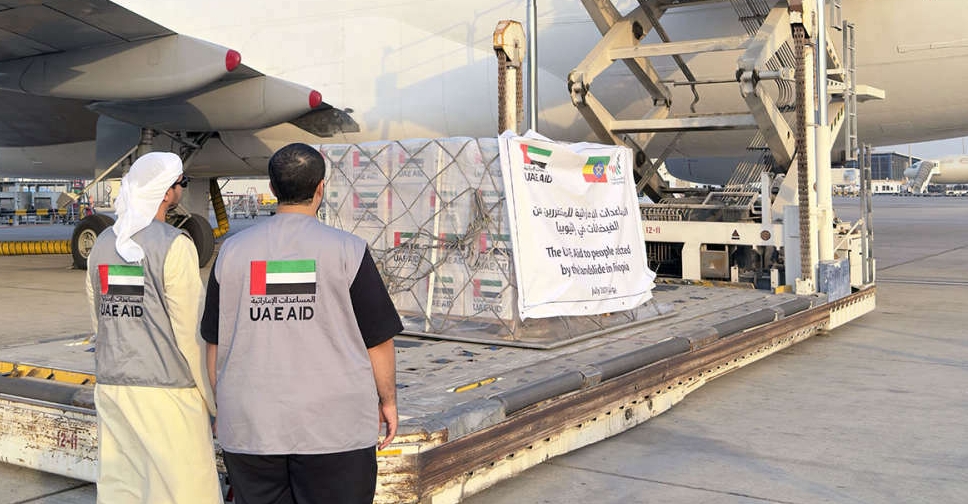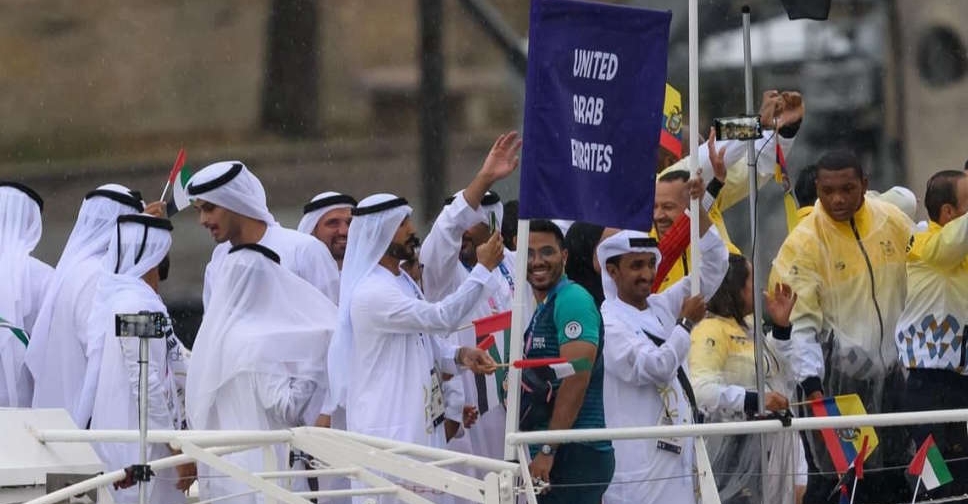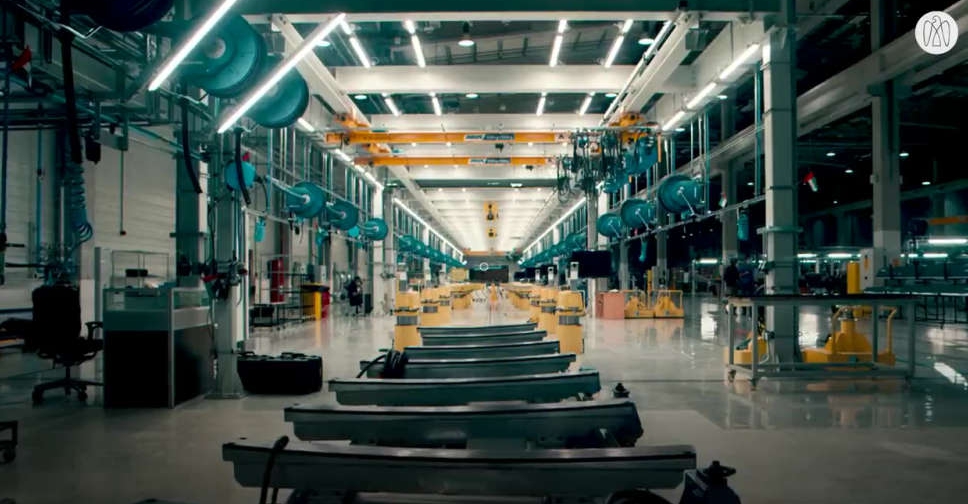
Abu Dhabi has unveiled a major industrial strategy aimed at more than doubling the size of its manufacturing sector to AED 172 billion by 2031.
In order to achieve the goal, the Abu Dhabi Government will invest AED 10 billion across six transformational programmes by increasing access to financing, enhancing ease of doing business, and attracting foreign direct investment.
The strategy also aims to create 13,600 skilled jobs, with a focus on Emirati talent, and boost Abu Dhabi’s trade with international markets, with a goal to increase the emirate's non-oil exports by 143 per cent to AED 178.8 billion by 2031.
His Highness Sheikh Khaled Bin Mohamed Bin Zayed Al Nahyan, member of the Abu Dhabi Executive Council and Chairman of the Abu Dhabi Executive Office, launched the Abu Dhabi Industrial Strategy to strengthen the emirate’s position as the region’s most competitive industrial hub.
Khaled bin Mohamed bin Zayed has launched the Abu Dhabi Industrial Strategy to strengthen the emirate’s position as the region’s most competitive industrial hub through a smart, sustainable manufacturing ecosystem that champions local makers and is powered by future technologies. pic.twitter.com/XDnOcYztvc
— مكتب أبوظبي الإعلامي (@ADMediaOffice) June 30, 2022
The programmes:
Six transformational programmes will drive growth and innovation, boost skills, strengthen the ecosystem for local manufacturers, ease access to global markets, and advance the transition to a circular economy.
Circular economy
The circular economy programme will drive industry-wide sustainability by enabling responsible industrial production and consumption.
A robust circular economy regulatory framework for waste, recycling, and consumption will be developed and implemented, alongside policies that encourage ESG (environmental, social and governance), green procurement, and incentives for improved environmental sustainability.
Industry 4.0
The Industry 4.0 programme will accelerate business growth through the widespread adoption of new technologies and processes.
Their integration will spur competitiveness and innovation, backed by initiatives including a smart manufacturing funding programme, a smart assessment index, and competency centres that provide training and knowledge sharing.
Talent development
As well as creating 13,000 skilled jobs by 2031, with a focus on Emirati talent, the talent development programme will assess industry-wide competencies, and offer upskilling programmes to fill skills gaps and meet future needs.
Job placement programmes will offer rewarding career pathways in high-demand areas.
Ecosystem enablement
Ecosystem enablers include a digital geographic information system (GIS) mapping for industrial land search and a unified inspection programme for quality control.
Further enhancements to ease of doing business is also a key focus, through reimbursement incentive programmes for government fees, land rebates, R&D, and tax, as well as streamlining customs processes and costs, and introducing regulatory reform around industrial and housing laws.
Homegrown supply chain
The homegrown supply chain programme will build industrial sector resilience by increasing self-sufficiency and promoting domestic products.
The already extensive Abu Dhabi Golden List, which encourages government procurement of high-demand, locally manufactured products, is being expanded; whilst access to foreign markets will be eased through a comprehensive economic partnership agreement (CEPA), as well as a bilateral trade agreement programme. Locally manufactured products will also be purchased and provided as part of foreign aid.
Value chain development
To drive local infrastructure development for end-to-end integration, a supply chain equity investments fund will be established.
In addition, offsets will be offered to support industrial funding, and the Abu Dhabi Channel Partners initiative will incentivise foreign direct investment (FDI). Infrastructure enhancement progammes in Al Ain and Al Dhafrah will further strengthen the ecosystem.
Alongside the launch of the strategy, several new industry partnerships were also signed.

 UAE to issue 3 new policies to boost cybersecurity by end of 2024
UAE to issue 3 new policies to boost cybersecurity by end of 2024
 US DOJ asks court to reject TikTok challenge to crackdown law
US DOJ asks court to reject TikTok challenge to crackdown law
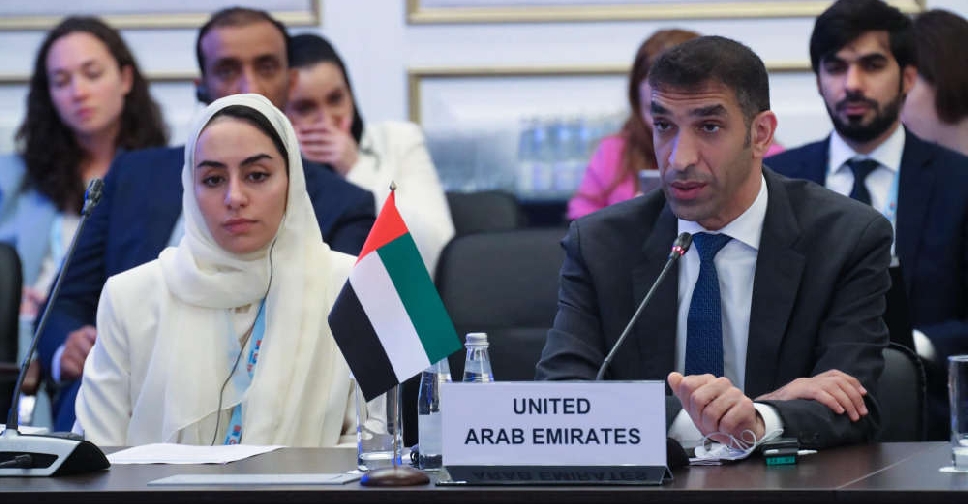 UAE calls for enhanced trade cooperation at BRICS meeting
UAE calls for enhanced trade cooperation at BRICS meeting
 80 nations strike deal over e-commerce, but lack US backing
80 nations strike deal over e-commerce, but lack US backing
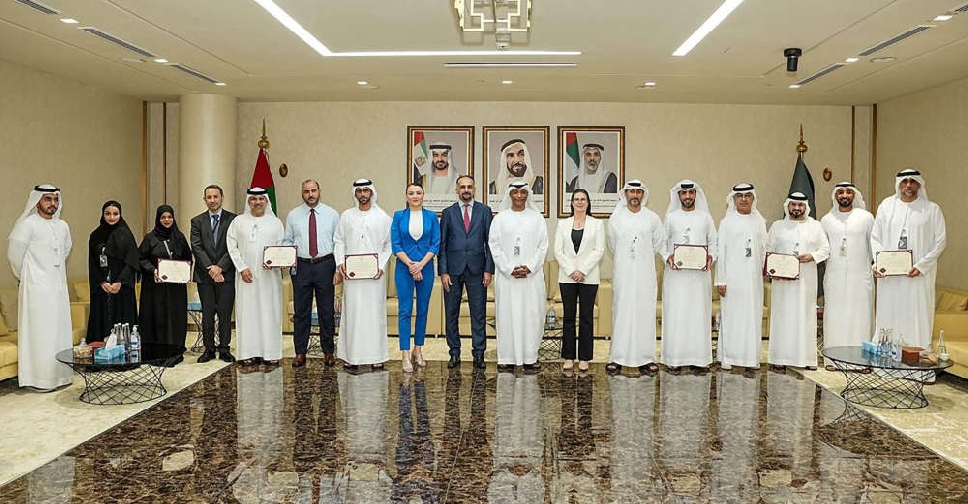 Abu Dhabi Customs wins six Harvard Business Council International Awards
Abu Dhabi Customs wins six Harvard Business Council International Awards
